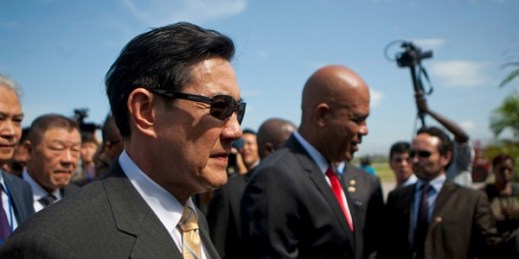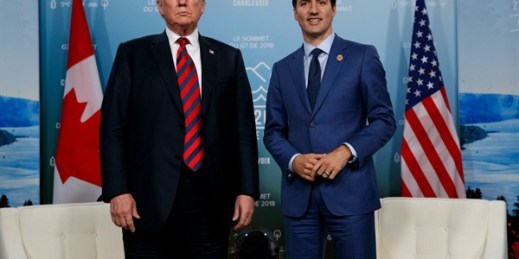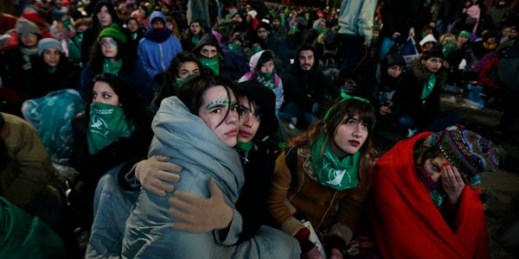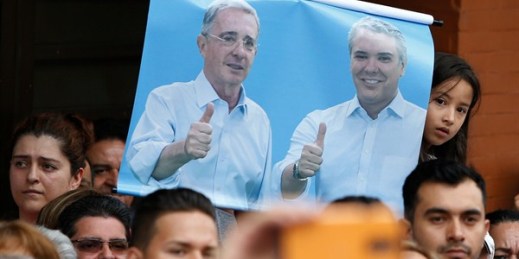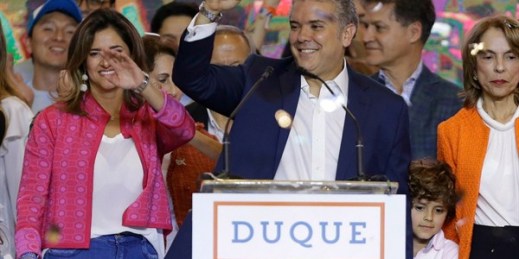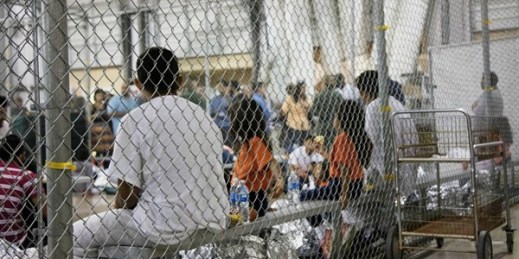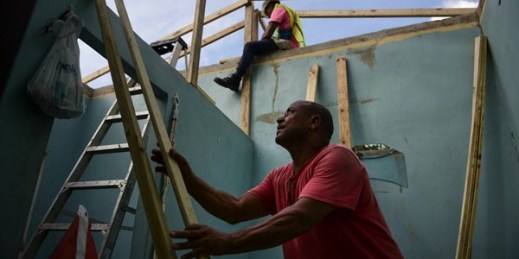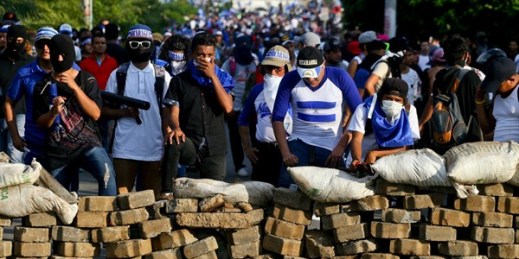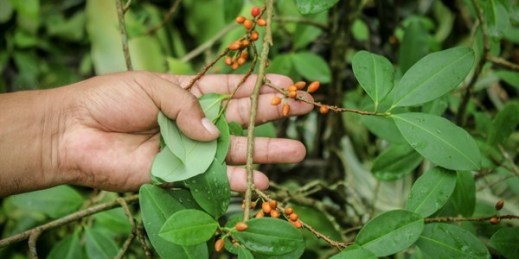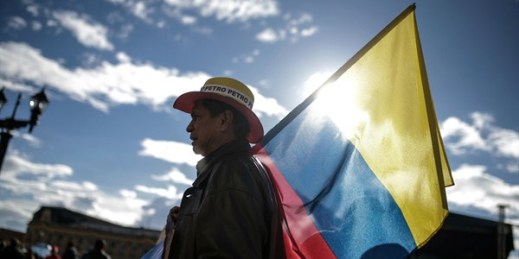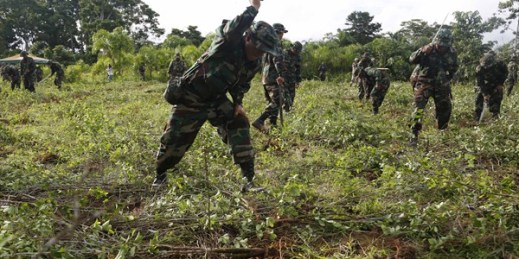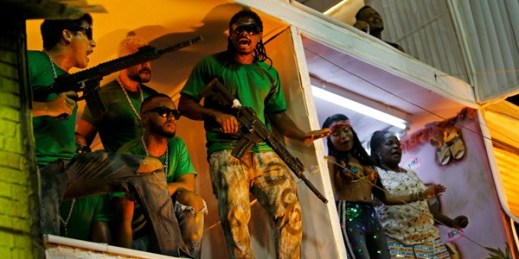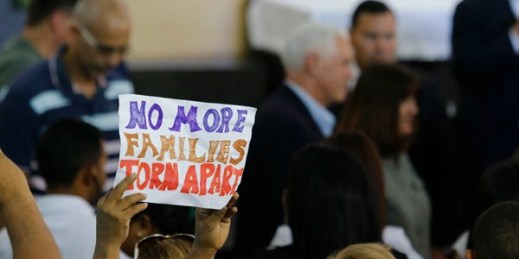
In the midst of a raging political battle in the United States over President Donald Trump’s unprecedented measures against migrants and asylum-seekers along the southern border, Vice President Mike Pence set out on a tour of Latin America this week. The trip was planned and announced before Trump’s so-called zero tolerance policy against illegal immigration, including forcibly separating children from their parents, turned into a major international news story. Trump has since moved to rescind the family separation policy with an executive order, although his administration, characteristically, is still sending out mixed messages about whether the policy is still in […]

